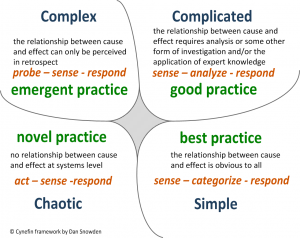by Nikki D’Adamo-Damery and Phil D’Adamo-Damery, Former Deputy Director of the AFP (2011-2016), currently serving as the Community Coordinator for the Maggie Walker Community Land Trust
How do you create a place-based food system that is resilient, accessible, affordable, and healthy for Appalachian communities? That question was at the heart of the Appalachian Foodshed Project’s (AFP) work in West Virginia, southwest Virginia, and western North Carolina. The AFP engaged nutritionists, food distributors, sustainable agriculture experts, NGO’s, funders, government agencies, educators, producers, and community activists to creatively address food security across Central Appalachia using funding from the USDA’s AFRI* program. Over the course of 5 years, we moved beyond the search for silver bullets and easy solutions, and instead focused on how we might create the conditions for long-term, dynamic change.
In order to make this shift, we had to change the way we understood food security. Community food security is not a simple, or even a complicated, problem, even though we often treat it as such. It is complex, involving ever-moving relationships between culture, economics, environment, and policy. In order to address this complexity, we need to find new ways of working together so that we can nimbly respond to changing dynamics. (Read more)

